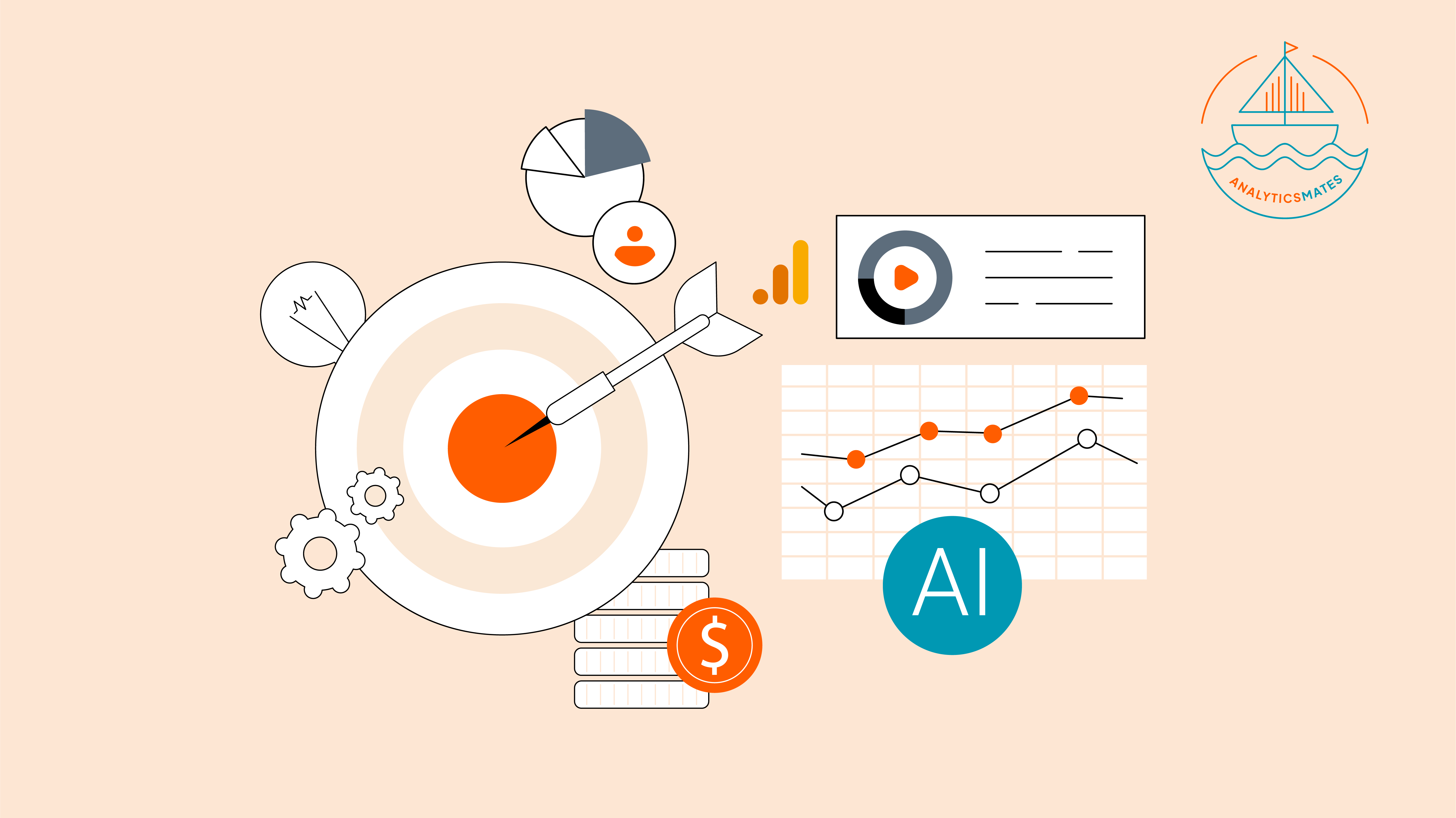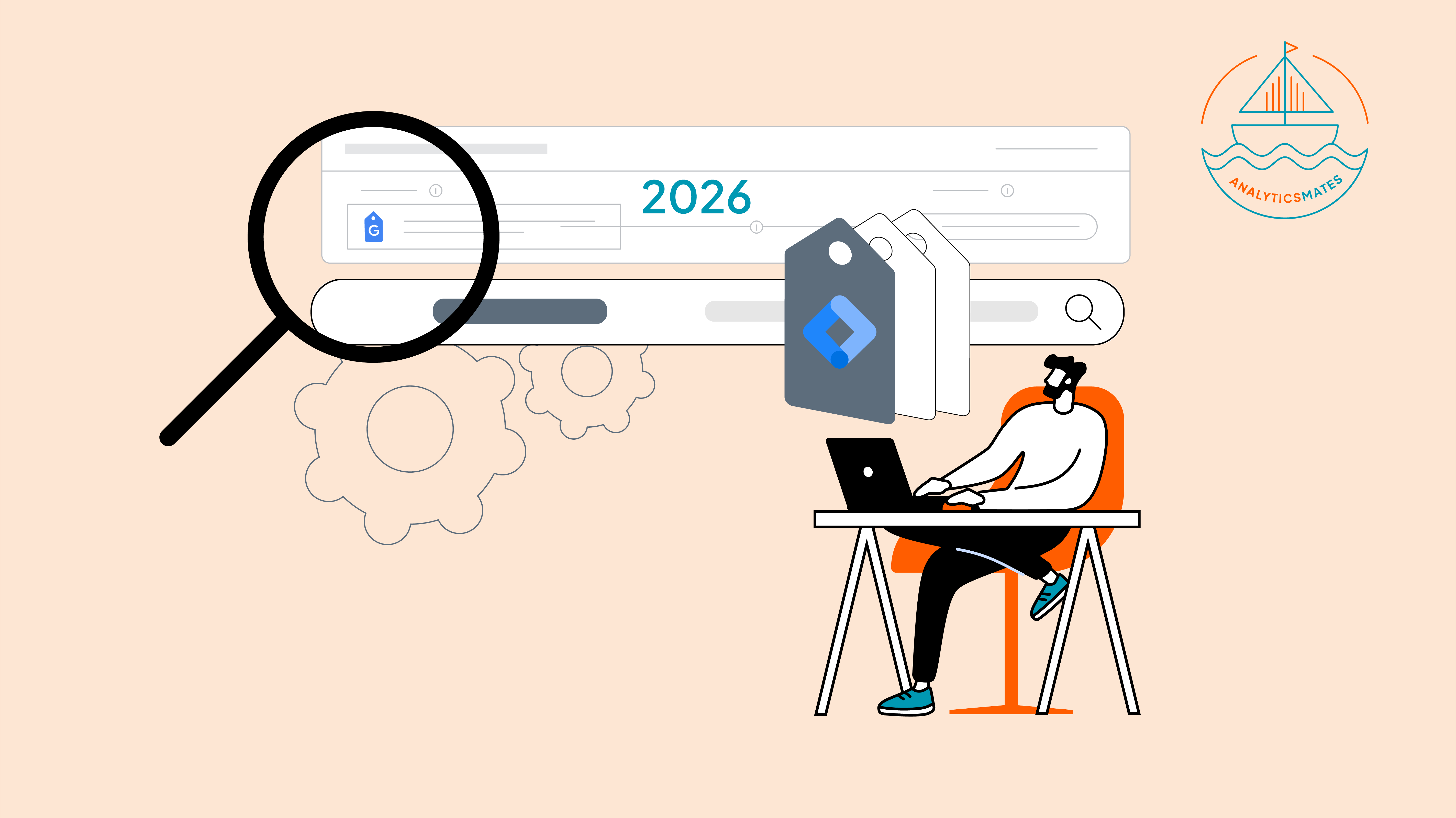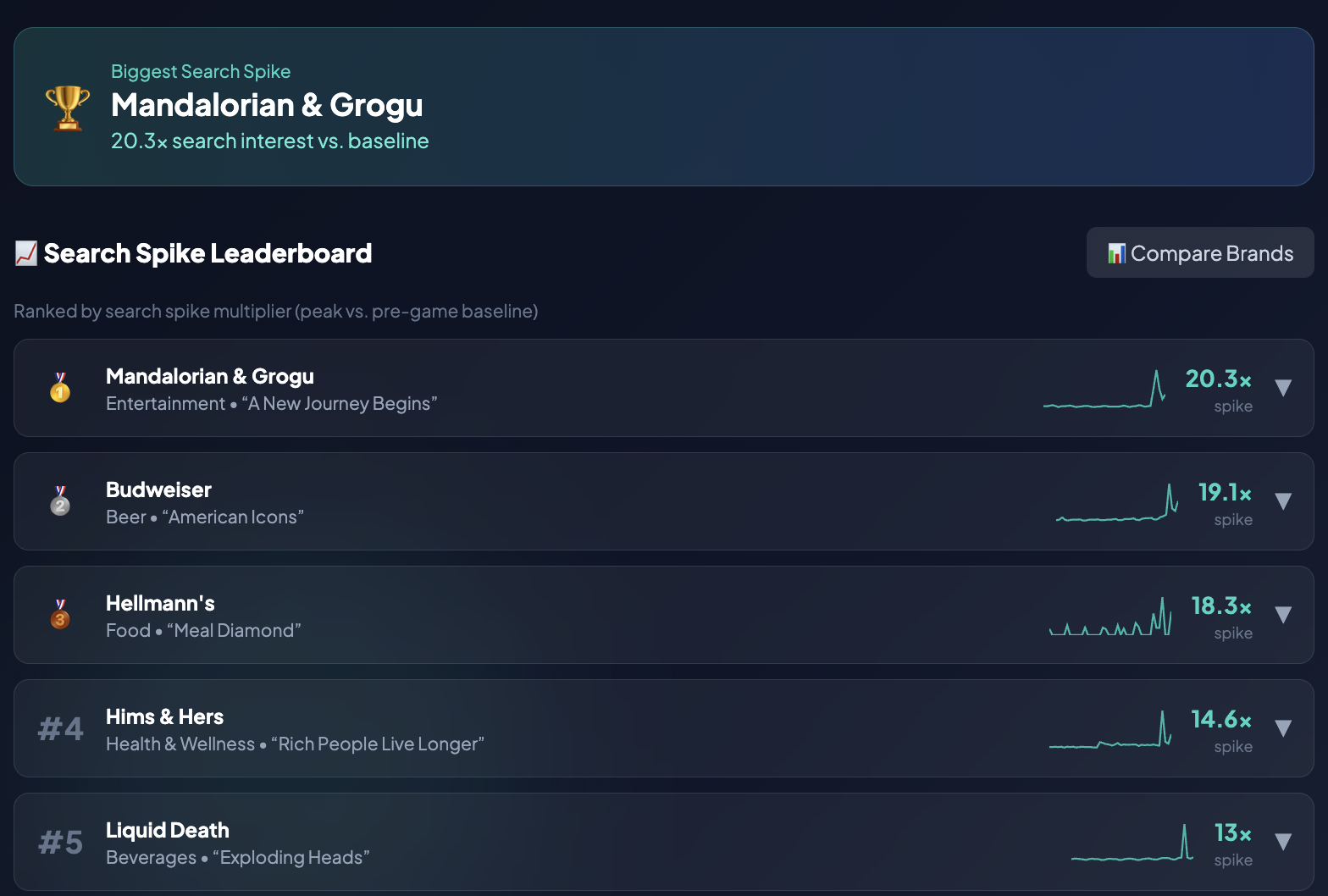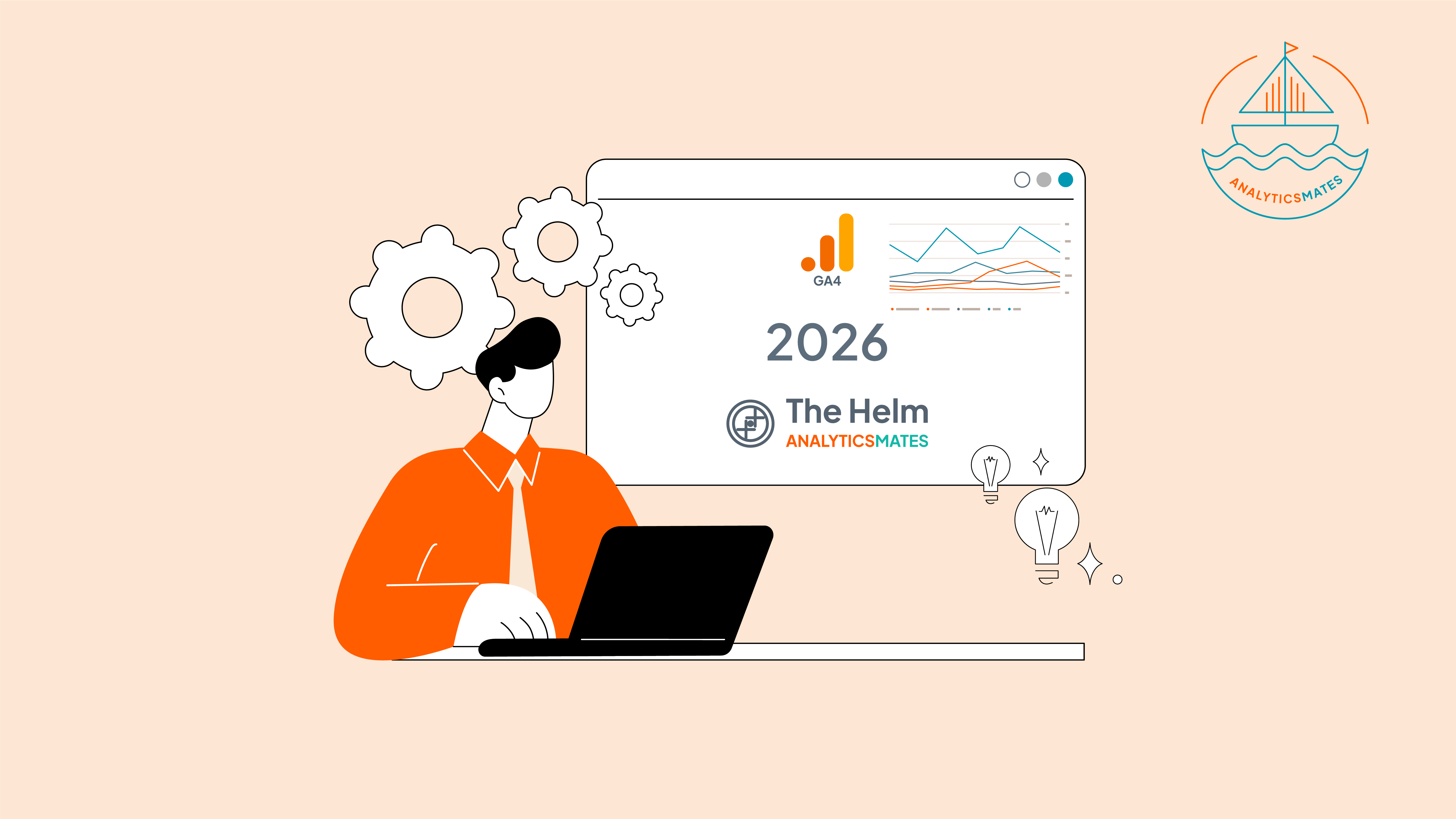Recently, Google Analytics announced that Google Signals will be taken out of the Reporting Identity feature in GA4 for good on February 12, 2024. This blog post will talk about possible results and try to figure out if the expected bad effects will have a big effect on your GA4 reports and data analysis.
A message from the Google Analytics team:

What does Google Signals mean, and how does it help people?
Google Signals is a part of Google Analytics 4 (GA4) that gives you information about your users across all of their devices. Users who are signed in to Google and have Ads Personalisation turned on give it information about the websites and apps they use. This lets GA4 connect what people do on different devices and give you a fuller picture of how people use your property.
Let's say you have an online clothes store with a website and a mobile app. You have turned on Google Signals in GA4. Here's an example of how it might benefit you:
Scenario:
- A user named Sarah browses your website on her laptop (Device A), looking at jackets but doesn't purchase anything.
- Later, on her phone (Device B), she opens your app and adds a specific jacket to her cart.
- She then switches to her desktop (Device C) and completes the purchase on the website.
Without Google Signals:
- GA4 would record three separate sessions, one for each device. You wouldn't know these sessions belong to the same user.
- You wouldn't understand her full purchase journey.
- Remarketing wouldn't be as effective since you wouldn't know she showed interest across devices.
With Google Signals:
- GA4 connects activity across devices, showing this is one user journey.
- You see Sarah's initial interest on Device A, followed by adding the item to cart on Device B, and finally the purchase on Device C.
- You gain a complete picture of her conversion journey.
- You can create remarketing campaigns targeting Sarah with the specific jacket she showed interest in, regardless of the device she used.
Now that we have an understanding about Google Signals, we also need to understand Reporting Identity. Check out this another blog post to learn more about this feature in GA4.
Potential Benefits of Removing GA4 Google Signals:
- It will help improve data accuracy. Google Signals data can sometimes lead to thresholding in reports due to limited sample sizes. Removing it ensures reports reflect actual user data based on other identifiers.
- It will enhance user privacy. Going away likely sensitive data from reports helps to comply with data privacy rules and user expectations. Laws such as GDPR and CCPA protect user privacy by giving them more incredible power over their data and limiting its use and gathering. Removing Google Signals from reports shows your respect of these policies and users' right to privacy, which may enable you to prevent legal concerns and compliance difficulties.
- It will help reduce reliance on Google data. If you prioritize data ownership and avoid dependence on third-party data sources, removing Google Signals helps achieve that.
While the removal of Google Signals might impact cross-device tracking, in our experience, it was rarely used in reports. This means most sites are unlikely to see major changes.
Check how GA4 Google Signals affects your reporting:
Google will remove Google Signals from the reporting identity in all GA4 properties and if you need to ensure how this will totally impact your data, you still have until February 12, 2024 to test this in your reporting. To do this here are the steps:
1. In the “Admin” page under Property settings > Data collection and modification > click Data collection

2. Under the Data Collection page > Google signals data collection. You can toggle the “Include Google signals in reporting identity”

Your reports will be updated promptly to reflect the change.
Frequently Asked Questions
Will Google Signals data still be collected?
Yes, the data will still be used for standard GA4 reports, audience building, and conversion tracking, but not for user identification in reports. Also based on the email that was officially sent by Google:
“Google Analytics will still collect Google signals, when enabled, to be used in demographics and interests reporting. Google signals will also still support audience and conversion use cases, like remarketing and conversion optimization in linked Google advertising products.”
Do I need to disable Google Signals completely if I don't want it in reports?
No, just uncheck "Include Google Signals in Reporting Identity" in Admin > Data Collection. Data will still be available for other purposes.
What should I do to get ready for this change?
Think about how much you depend on Google Signals data, look into other options, and make the necessary changes to how you collect data and sell your business.
Last Word
This change shows that data protection and appropriate data methods are becoming more important. It makes it harder to track people across devices and target specific audiences, but it also pushes the analytics field to be creative and flexible. Getting used to this change might take some time, but it could be good for everyone in the long run:
It gives users more protection and power over their info.
For companies, better, more moral ways to get to know their customers.
You should know how your information is being used, but there's no need to be scared about this change. It's a step towards a more fair and reasonable internet world where both your needs and the needs of businesses are taken into account.
Thank you for reading!
We're always looking for ways to improve our Google Analytics 4 blog content. Please share your feedback so we can make it even better.
See Article Images
















